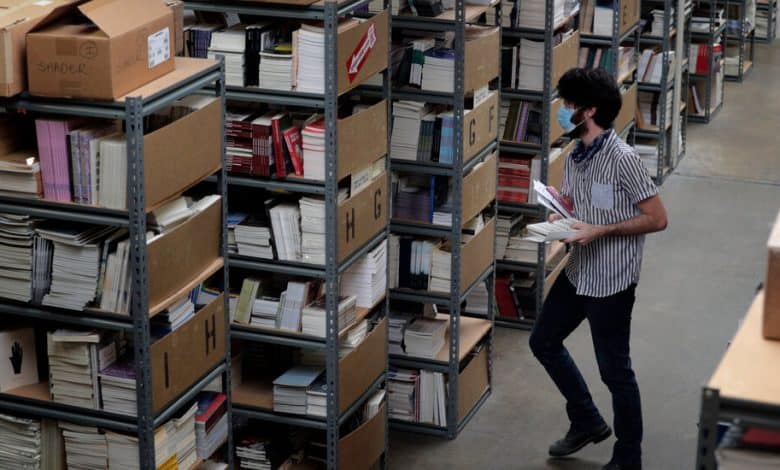Hundreds of Small Presses Just Lost Their Distributor. Now What?

When LittlePuss Press opened in 2021, it had one completed book that had been published elsewhere and fallen out of print and a plan to focus on trans authors. Fledgling as it was, LittlePuss was able to get its book into stores through a company called Small Press Distribution, and LittlePuss has grown steadily since.
But late last month, S.P.D. shocked its clients — about 300 small publishers — by announcing that it would abruptly close, leaving the presses scrambling to retrieve their inventory before the books were destroyed and wondering if they’d ever be paid the money S.P.D. owed them for past sales.
The effects could ripple far beyond those tiny companies. Small presses play a crucial role in the American literary landscape, publishing books that have artistic merit but little commercial potential — like poetry, for example, most of which doesn’t sell much. Without S.P.D., it could be far more difficult for small presses to get their books to readers, or for those books to exist at all.
“Smaller presses like the ones distributed by S.P.D. are willing to take chances on labors of love, or books that are weird or strange or that readers don’t necessarily know they want,” said Casey Plett, the publisher of LittlePuss. “S.P.D. was an enormous under-the-radar institution to help fill that gap.”
In order to get their books to brick-and-mortar stores and online retailers, publishers need a distributor, which collects books from multiple publishing houses and makes them available to sellers in one place. Bookstore owners can place a single order through a distributor instead of placing dozens of orders through individual companies.
S.P.D., a nonprofit founded in 1969, kept its fees extremely low, though it took a significant percentage of sales, often about 50 percent of net. That low overhead allowed presses that run on a shoestring to have their books available in independent bookstores and Amazon.
